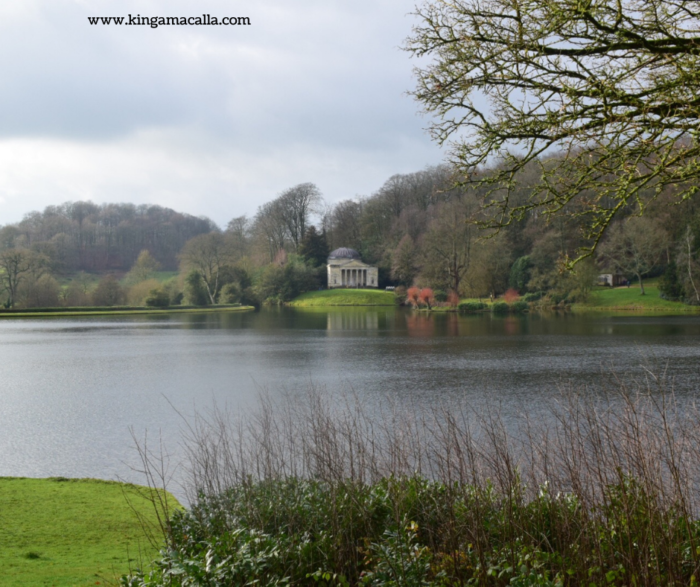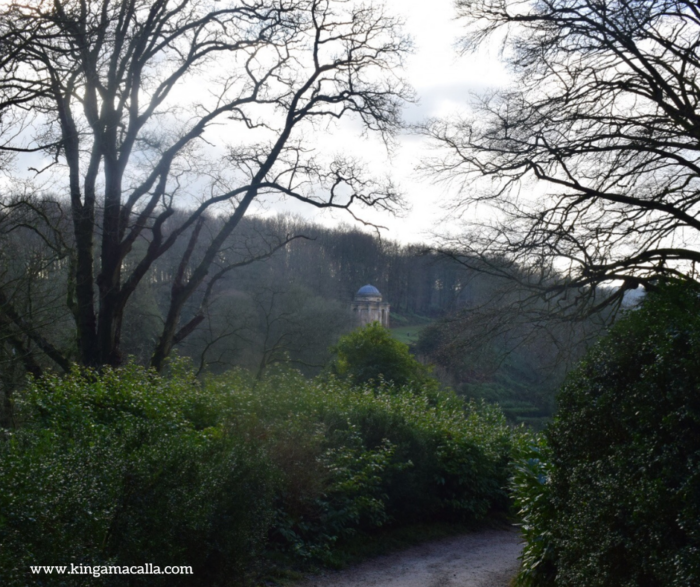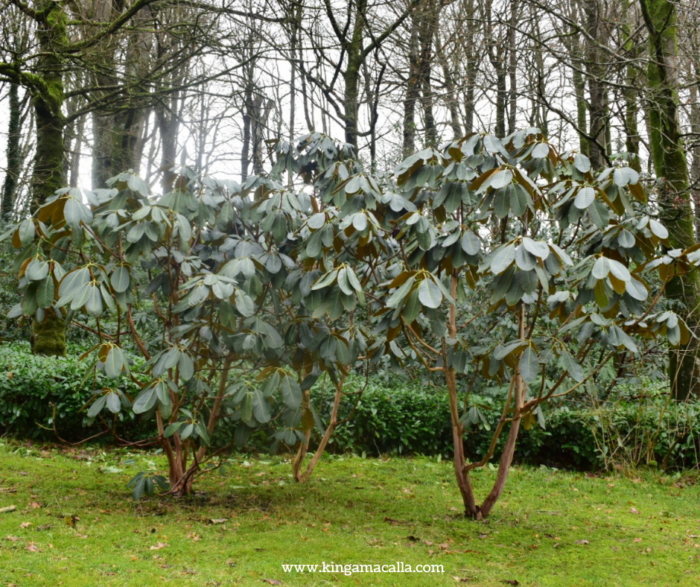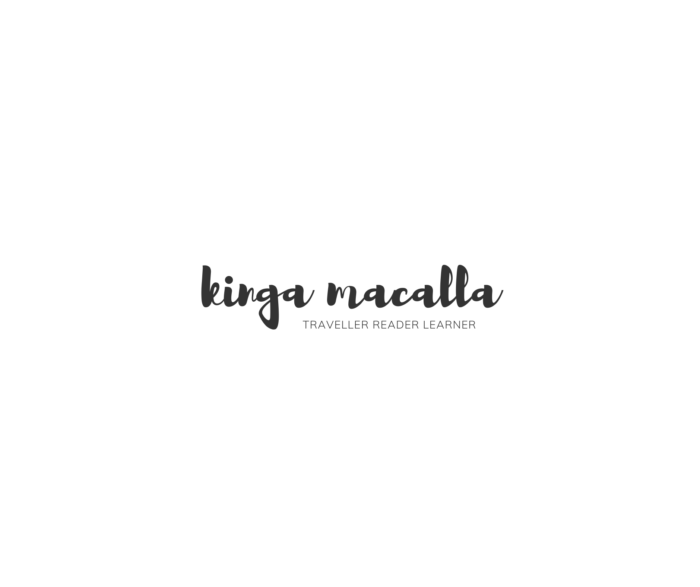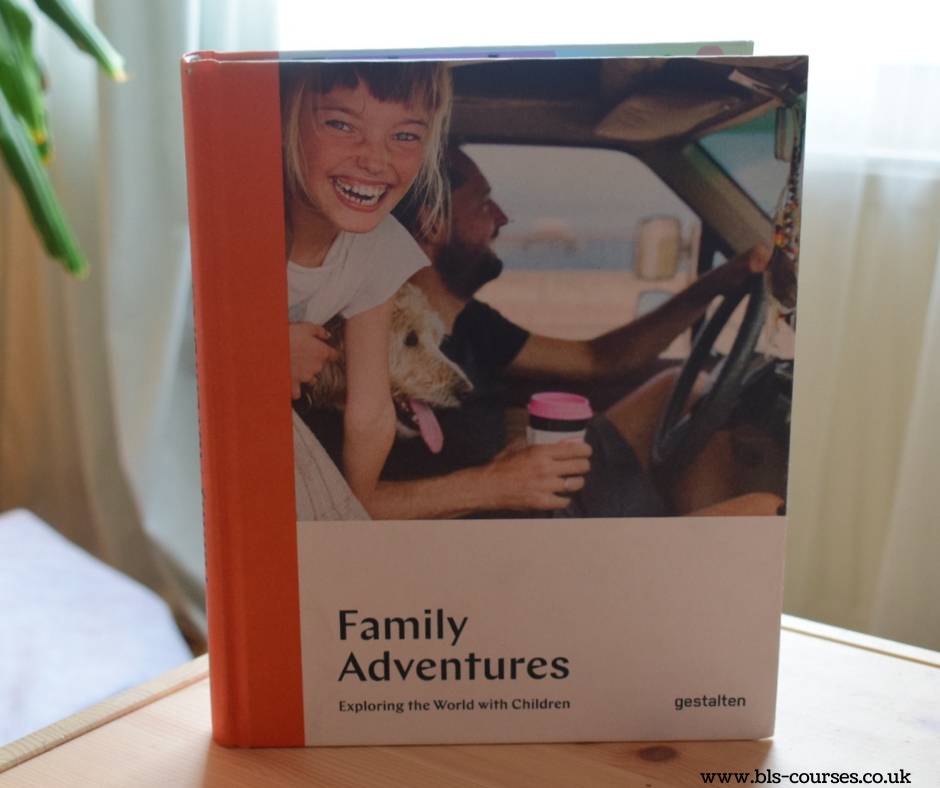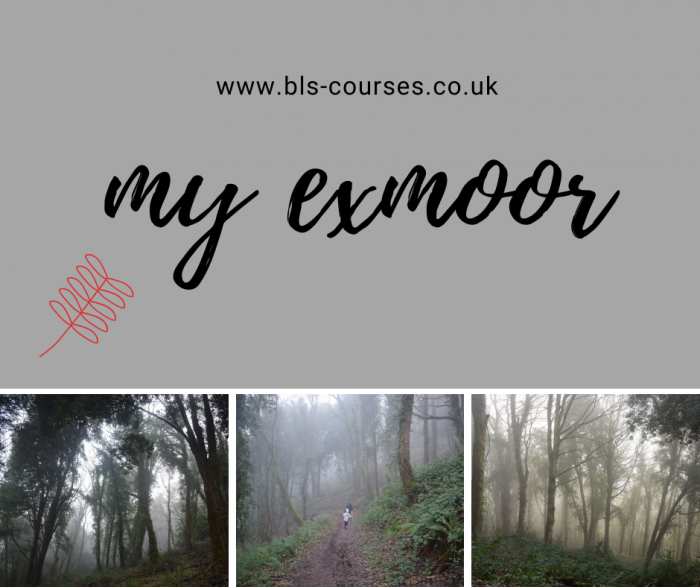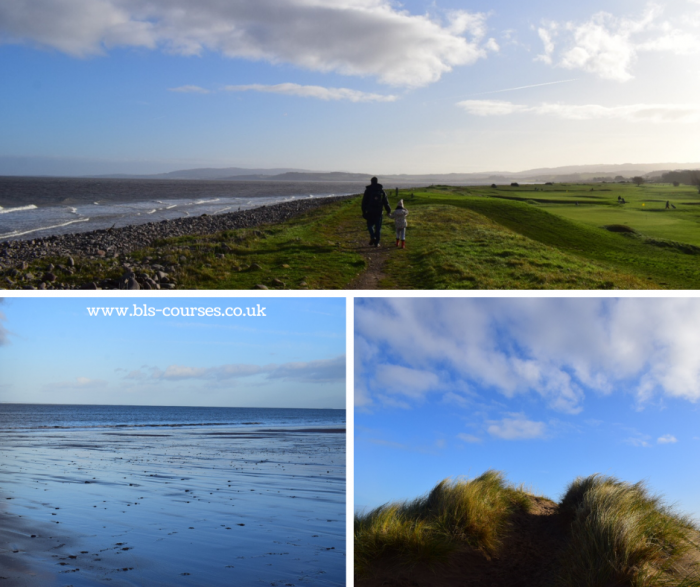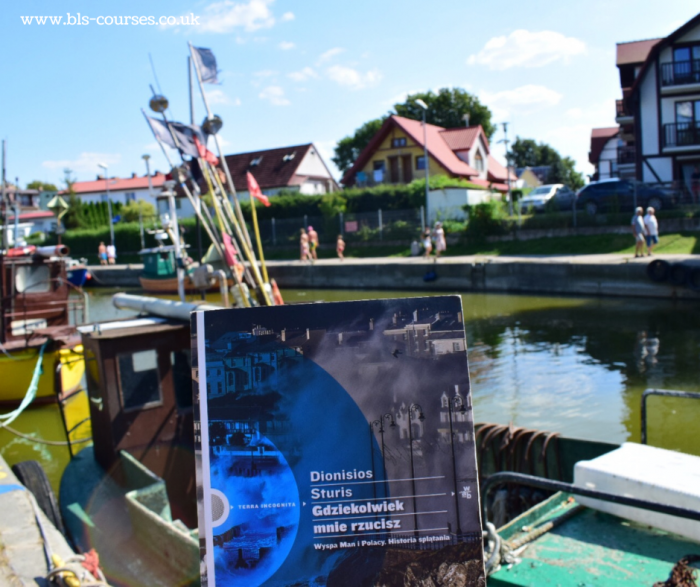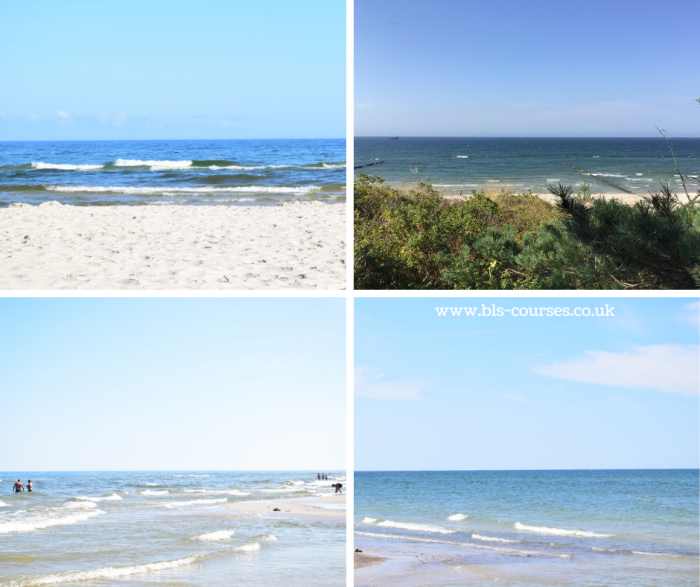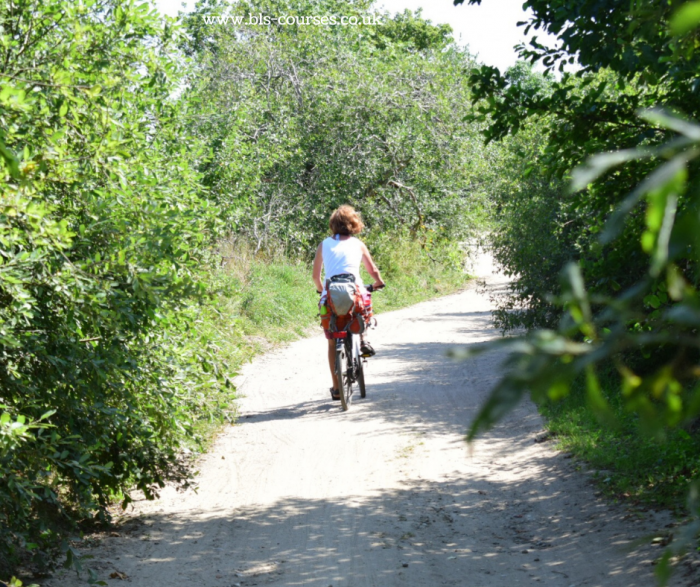Today, I want to share with you some reflections on language learning. Through speaking with our school’s students and language tutors, I have some language learning tips which may help you organise your language study and achieve your desired outcomes quicker (and better!).
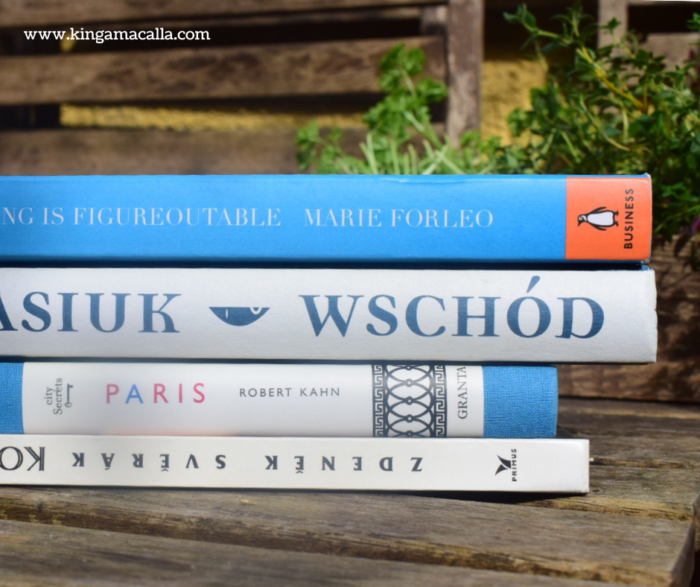
Whether you attend a language course, individual tuition or are a self-learner, you may think about following all / some of the tips mentioned below. Studying regularly is an important factor when learning / improving / maintaining language skills, so how to do it the way it works for you and your lifestyle.
End goal
Why do you study this language? What’s your end goal (be specific)? What exactly do you want to be able to do in this language? Write down your learning goal.
Weekly schedule
Look at your life and see how much time you can daily / weekly devote to your study. Are there any gaps you can fill with some language learning (e.g. commuting, house chores, free evenings). Mark all those gaps / slots and see how much time you want to put aside for language learning every day / week. Make a note of these.
Interests
That’s really important. When planning your language learning, try to follow your interests even above all the grammar and all the recommended vocab. Why? Because, you’ll then find the whole idea of language study more fun, interesting and worth your (free) time. You can also swap the language of your regular free time habits to the language you currently learn.
Flexibility
I think to have a more flexible attitude to the idea of self-study is crucial. Why? Because, if something doesn’t work, be prepared to drop or amend this activity, move on and to try out something else. It doesn’t mean to stop learning altogether, you just adjust your learning style so that it suits your life, personality and interests.
I think these are the points I wanted to share with you today. Below you’ll find my learning schedule, just for some inspiration or guidance.
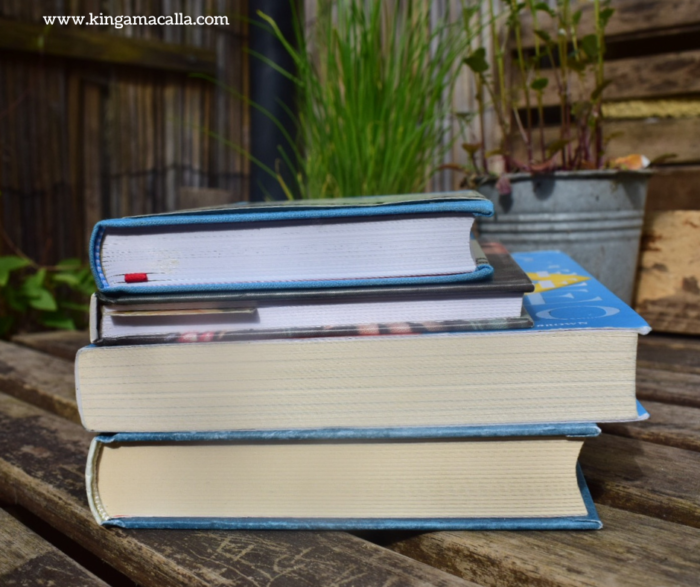
I currently learn French and maintain my language skills in three other languages: Czech, English and Polish.
MY GOALS: To finish a French textbook from my secondary school (A1 level), to read Czech novels (C1 level), to have a better pronunciation in English (C1 level) and to be more familiar with education-related vocabulary (C2 level).
FRENCH: I follow my secondary-school textbook, it’s one chapter per week with some quick revision of the previous chapters. I’d like to listen to a good learning podcast in French, any recommendations?
CZECH: I like reading novels in Czech, watching stand-up comedy shows and I sometimes listen to a podcast on healthy lifestyle and food.
ENGLISH: I watch videos to improve my pronunciation in English. I also enjoy reading books on language, travelling and education.
POLISH: I listen to a Polish podcast on education and read a magazine on home-schooling.
Now I’d like to know how you organise your language study. Please leave your comment down below.
